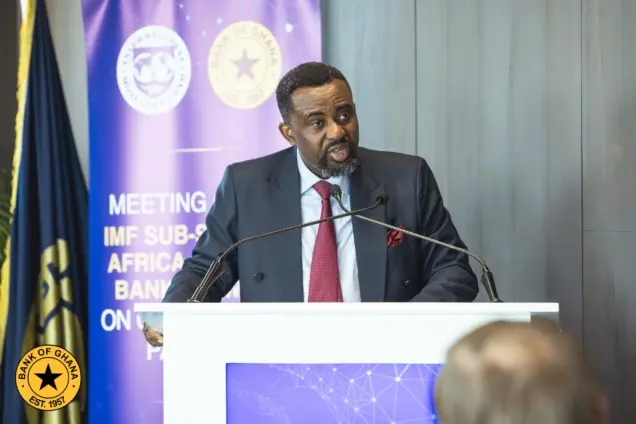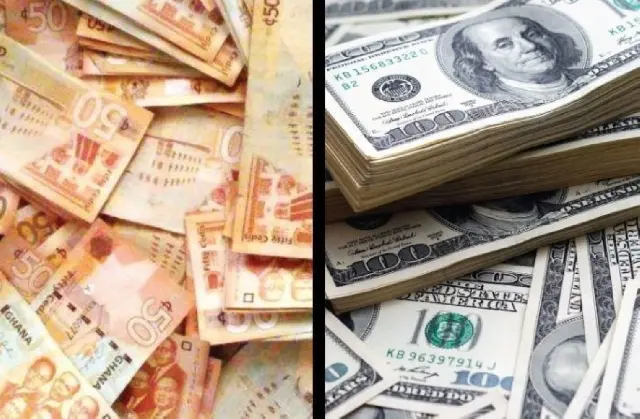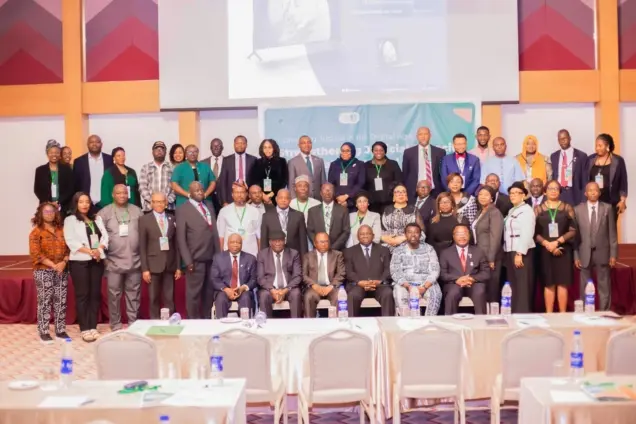Accra, Ghana – The Ghana Revenue Authority (GRA) is pushing back against assertions that Strategic Mobilisation Ghana Ltd. (SML) had been granted expanded authority over revenue assurance in the crucial upstream petroleum and solid minerals sectors, a move that would have solidified the company’s already significant role in the nation’s financial ecosystem. The denial comes as public debate intensifies regarding the precise scope and transparency of SML’s existing contracts with the government, contracts that have faced scrutiny and sparked considerable discussion about the balance between private sector involvement and governmental oversight. The core issue revolves around the SML Suspension and its implications for Ghana’s revenue streams.
In a statement released on May 14, the GRA explicitly refuted claims that SML had been authorized to extend its revenue assurance operations to encompass the upstream petroleum and solid minerals sectors. The GRA emphasized that the initial suspension of SML’s activities in these sectors, first announced in April 2024, remains firmly in effect. According to the GRA, it “…has not instructed SML to activate nor resume operations under the 2023 Consolidation of Revenue Assurance Services Contract covering those sectors.” This firm stance from the GRA suggests a commitment to re-evaluating the terms and necessity of SML’s engagement.
Officials at SML have reportedly denied making claims that they were expanding operations into these sectors, further muddying the waters of an already complex situation.
The situation is further complicated by a letter, dated December 4, 2024, from the Office of the President, which indicated that then-President Nana Addo Dankwa Akufo-Addo expressed “no objection to implementing the Upstream and Minerals Revenue Assurance System” of SML. Addressed directly to the Commissioner-General of the GRA, this letter responded to a formal request for executive consent, seemingly paving the way for SML to broaden its operational remit. Yet, despite this presidential endorsement, the GRA insists that no directive has been issued to SML to actually commence operations within the petroleum and mineral sectors. All related activities remain suspended pending further review.
SML’s involvement in Ghana’s revenue assurance framework has triggered public debate, focusing particularly on the transparency of its contracts and the overall scope of its responsibilities. Dr. Eric Boachie Yiadom of UPSA presented findings from an independent study focusing on technological solutions in revenue assurance, using SML as a case study. Dr. Yiadom emphasized the need for robust national institutions. As he stated, “We cannot build a nation based on trust. Strong nations are built on strong institutions.” The study advocated for leveraging technology and strengthening institutional frameworks to effectively address tax revenue leakages.
Dr. Yiadom cited data illustrating a significant reduction in discrepancies between reported petroleum lifting volumes and actual taxable volumes following SML’s engagement. The discrepancies reportedly decreased by over 91%, dropping from 3.2 billion litres annually to a mere 260 million litres annually after SML’s engagement began in mid-2020. The data cited originated from the National Petroleum Authority (NPA), the Ghana Revenue Authority (GRA) itself, and the Africa Centre for Energy Policy (ACEP).
| Metric | Before SML Engagement | After SML Engagement |
|---|---|---|
| Annual Discrepancy in Petroleum Lifting Volumes | 3.2 Billion Litres | 260 Million Litres |
The GRA’s recent statement reaffirms its control over the petroleum and mineral sectors, emphasizing the ongoing scrutiny of SML’s role in Ghana’s revenue assurance system. Despite a presidential directive seemingly approving SML’s expansion, the GRA’s current suspension remains in effect, pending further evaluations. Independent studies suggest that SML’s involvement correlated with decreased discrepancies in petroleum lifting volumes, pointing to potential benefits of technological solutions. Further analysis is essential to guarantee accountability in Ghana’s revenue assurance initiatives. This SML Suspension underscores the difficulties of managing revenue in a transparent manner.
Image Source: MYJOYONLINE





















